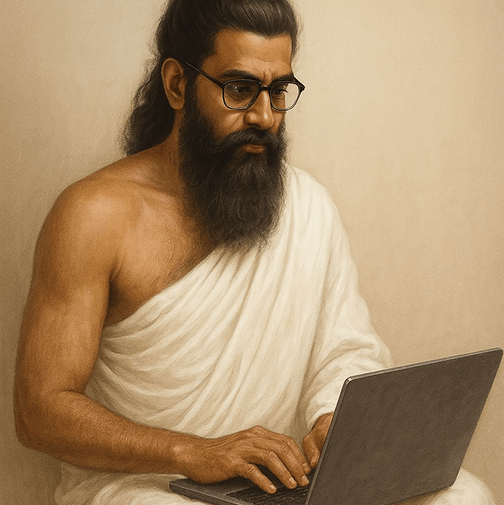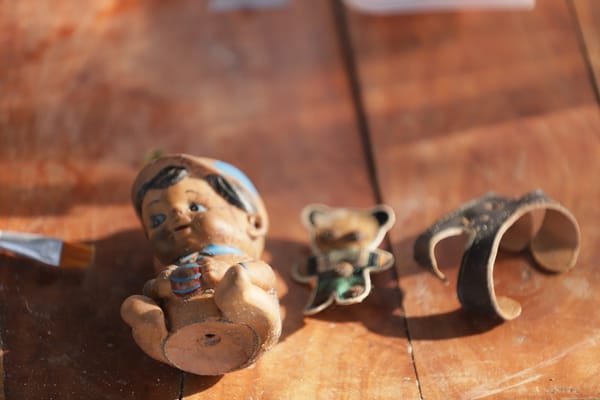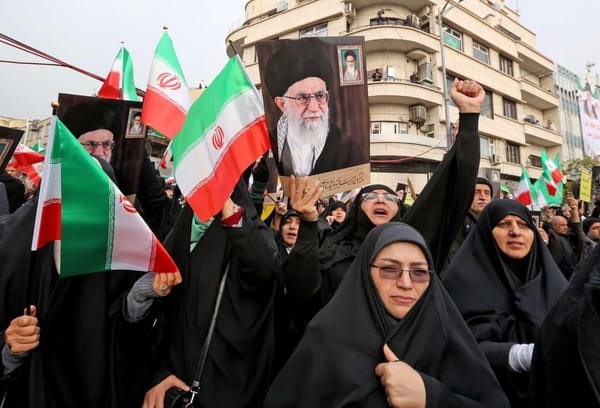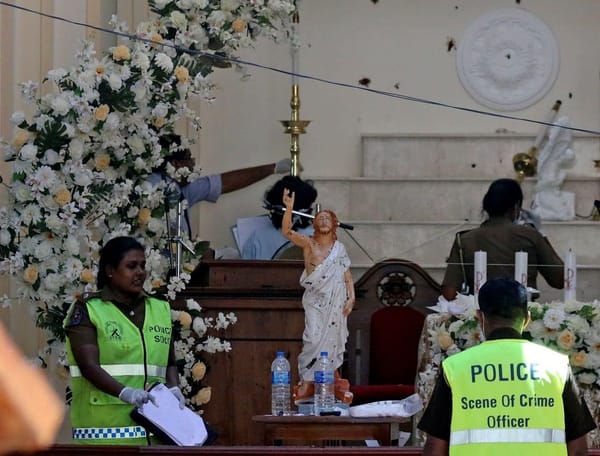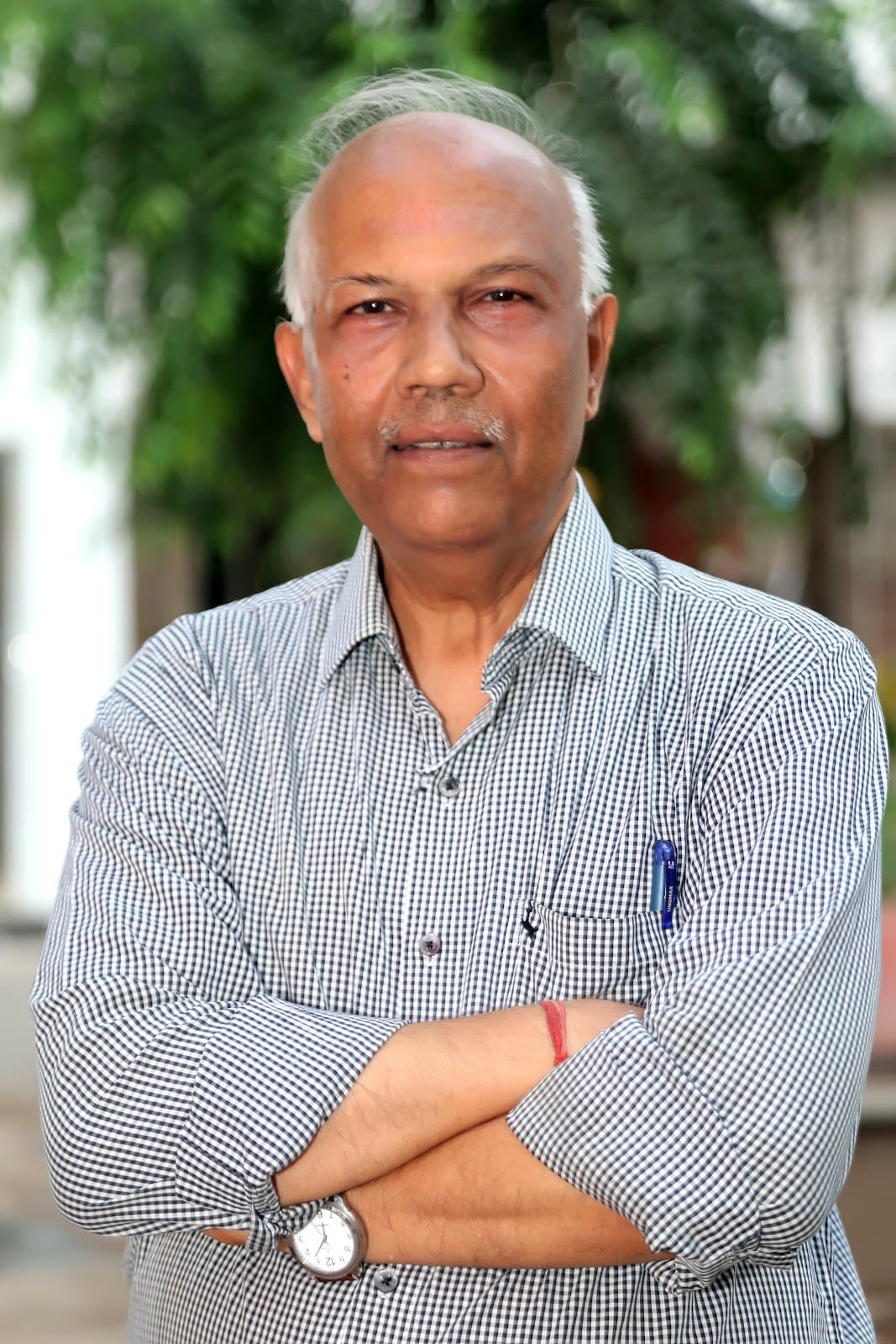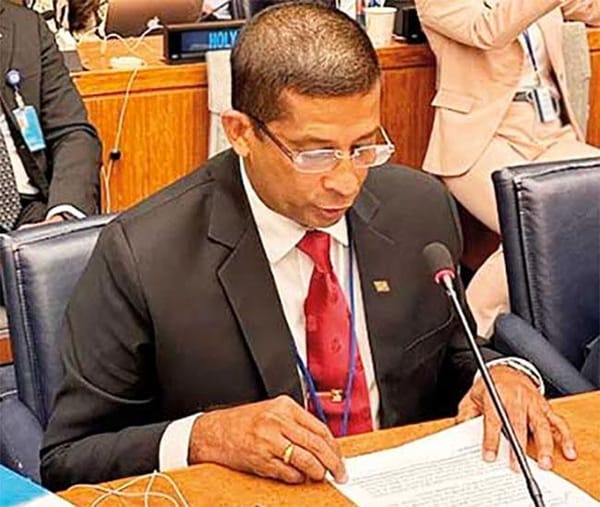Jaffna Monitor speaks to Nadia Kandrusevich-children’s book publisher and co-recipient of the 2024 IPA Prix Voltaire-about censorship, courage, and why quiet storytelling can be the loudest form of resistance.
The IPA Prix Voltaire honours publishers who have faced pressure, threats, and harassment in the pursuit of free expression. When you learned you had been named a co-recipient, what was your immediate reaction? What does this recognition mean to you personally-and to the wider community of Belarusian publishers still resisting censorship? The award citation spoke of the “quiet power of words to shape minds, open hearts, and build bridges across languages, cultures, and generations.” Do you feel your work-especially with young readers embodies that quiet power?
Jaffna Monitor posed these questions to Nadia Kandrusevich.
She responded: "When I learned that I had been named a co-recipient of the IPA Prix Voltaire, I felt a deep mix of emotions-honor, disbelief, and a quiet sadness. It’s not an award anyone sets out to win. It means that your work has come under threat simply because you chose to publish stories, to speak freely, to give voice to something that others want silenced. But it also felt like a powerful moment of recognition—not just for me, but for everyone who has worked in Belarusian publishing under pressure, in exile, or in hiding.
It felt like the world was finally saying: we see you, and we know what you’re fighting for. Personally, the award is a reminder that our work matters, even when it feels small or vulnerable. It’s easy to doubt yourself when you’re working far from home, when you face roadblocks, when you wonder if your books will reach the children they were meant for. This recognition gives strength. It tells me-and others like me - that quiet, persistent work can have a lasting impact. The words in the citation - “the quiet power of words to shape minds, open hearts, and build bridges” because that’s exactly how I see the mission of children’s literature.
When we publish a story in Belarusian, we’re not just printing pages; we’re creating a space where a child can feel seen, heard, and connected to their language and culture. It’s not loud, it’s not confrontational—but it is powerful. Yes, I do believe my work embodies that quiet power.
In a world that often rewards noise and spectacle, there is a different kind of strength in gently telling a child: Your language is beautiful. Your stories matter. You belong. That’s how bridges are built — not just across borders, but across generations. And in times like these, that quiet power may be the most important thing we have.



